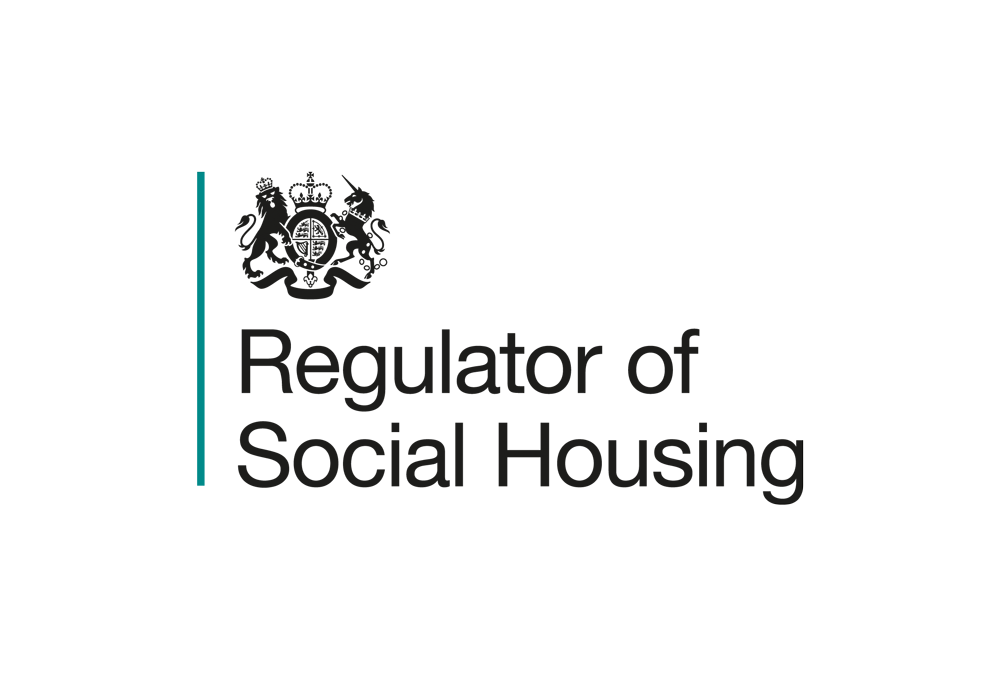What is domestic abuse?
Domestic abuse encompasses various forms of harmful behaviour, violence, or abuse that occur between individuals who are or have been intimate partners or family members, irrespective of their gender or sexuality. This definition includes, but is not limited to, the following types of abuse:
- Emotional or psychological abuse:Any form of abuse that involves ongoing emotional mistreatment, such as deliberately instilling fear, humiliation, isolation, or neglecting an individual’s emotional needs.
- Physical abuse: Any act of physical harm or violence directed towards an individual, causing bodily injury or pain.
- Sexual abuse: Any non-consensual or coercive sexual activity or behaviour inflicted upon an individual.
- Financial abuse: This includes controlling a person’s finances and bank accounts, accumulating debts in their name, exerting control over how money is spent, preventing them from pursuing education or employment, and depriving them of basic necessities.
- Controlling behaviour: This refers to a range of actions that make an individual reliant or dependent on another person by isolating them from support networks, exploiting their resources for personal gain, removing their means of independence, resistance, or escape, and regulating their daily behaviour.
- Coercive behaviour: This involves a series of acts such as assault, threats, humiliation, intimidation, or any other form of abuse intended to harm, punish, or instil fear in the victim.
- Cuckooing: This occurs when criminals target the homes of vulnerable individuals to utilise the property for illegal activities, such as drug dealing, weapon concealment, or other criminal endeavours. They rapidly move between the homes of vulnerable people for short or extended periods.







